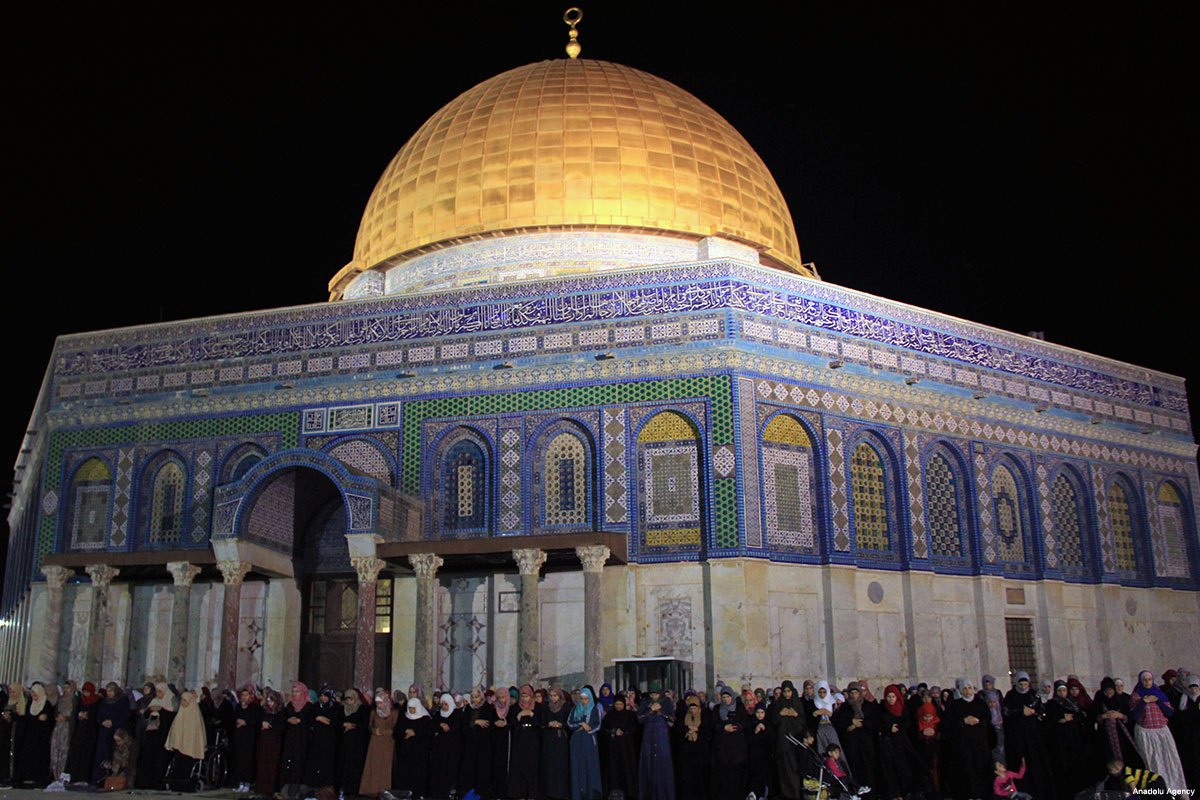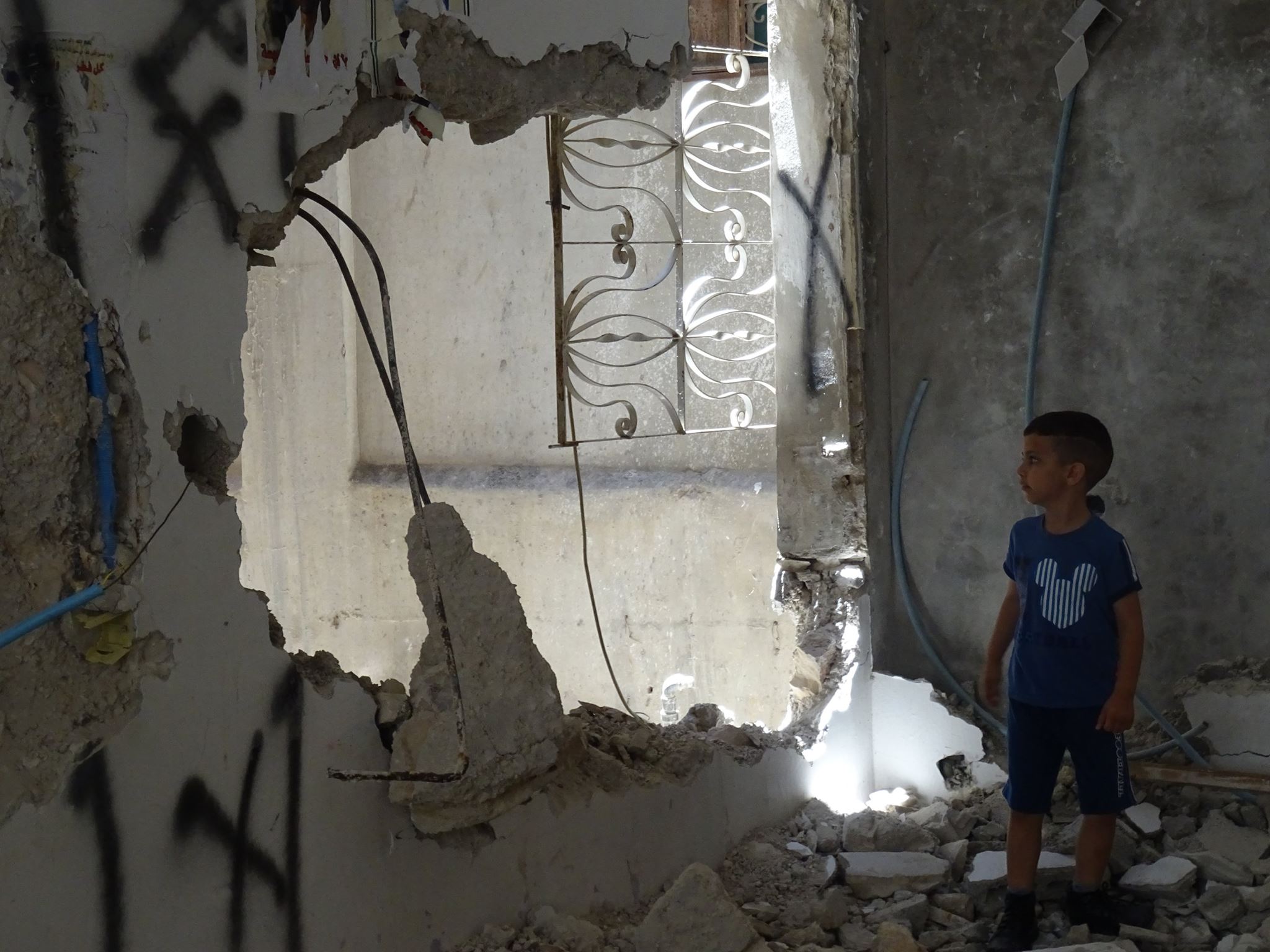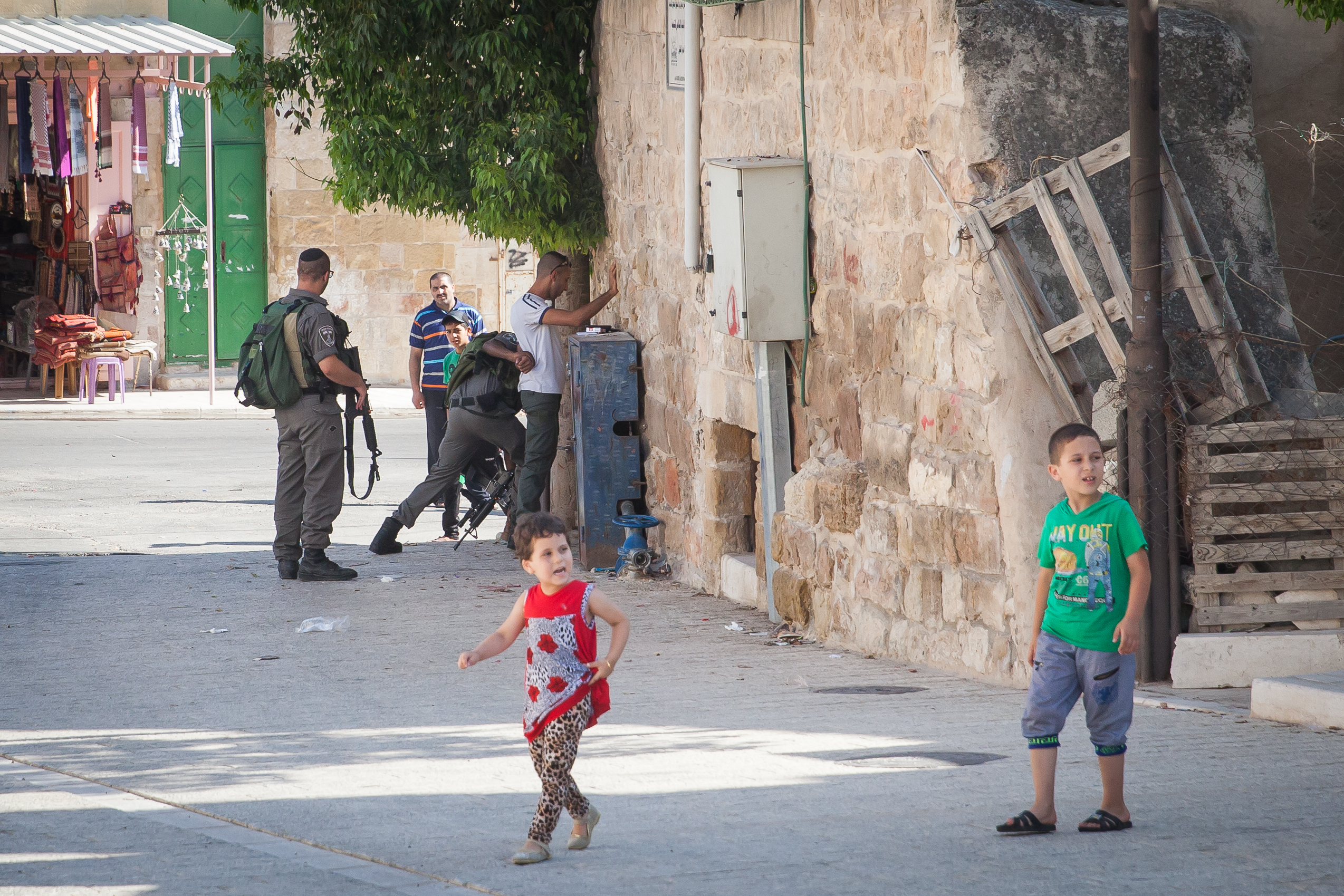Tag: Ethnic Cleansing
-
Ramadan 2016: Harassment, collective punishment and settlement expansions in the occupied West Bank
7th July 2016 | International Solidarity Movement, al-Khalil team | West Bank, occupied Palestine Monday the 6th of June marked the beginning of the Ramadan; the holiest holiday in Islam. The Ramadan is a sacred month in the Islamic calendar, where Muslims celebrate when the Qu’ran was revealed for the first time to the Prophet…
-
Israeli military demolishes two houses, injures five Palestinians with live ammunition in Qalandia Refugee Camp
7th July 2016 | International Solidarity Movement, al-Khalil team | Qalandia Refugee Camp, occupied Palestine The holy month of Ramadan has come to an end. But in Palestine, as in Iraq, Syria, Turkey and too many other places, Muslim families are not able to enjoy this special time of the year in peace and comfort.…
-
Apartheid and racist restrictions around Ibrahimi mosque
5th July 2016 | International Solidarity Movement, al-Khalil team | Hebron, occupied Palestine During the last days of the Muslim holy month of Ramadan, Israeli froces have implemented further restrictions in the area of the Ibrahimi Mosque in occupied al-Khalil (Hebron.) These restrictions deliberately and exclusively target Palestinians in attempts to further cleanse this area…



